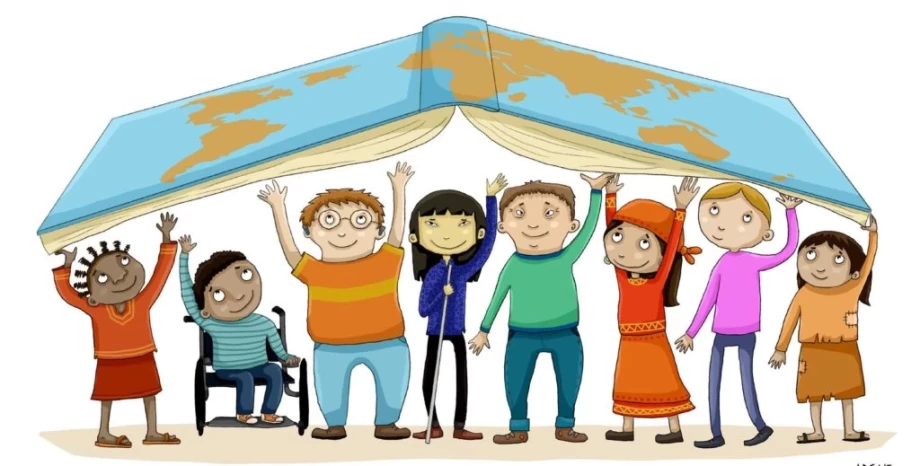Bridging gaps: The role of Chuchot Yokma’s Inclusive School in empowering differently-abled students

Not long ago, persons with disabilities faced discrimination, often stripped of basic rights, and in some tragic instances, denied the right to live. For centuries, society struggled to accept disability, and it took a long time for attitudes to shift. While there are still places where individuals with disabilities face exclusion, larger societies have started recognizing their struggles and advocating for change.
In India, to protect the rights of persons with disabilities and provide equal opportunities, the government passed The Persons with Disabilities (Equal Opportunities, Protection of Rights and Full Participation) Act in 1995. Today, various centrally sponsored schemes benefit differently-abled individuals, schools are becoming more inclusive, infrastructure is being made disabled-friendly, and the government provides counseling, therapy, assistive devices, and other forms of assistance.
Negative perceptions of disability are gradually evolving among parents and families, who are beginning to accept and fight for the rights and opportunities of their children.
In line with these efforts, Government High Secondary School or Inclusive School, Chuchot Yokma, Leh-Ladakh, has been successfully running for nearly 15 years, providing education to 93 students, 34 of whom are differently-abled, including 4 receiving online classes. The school ensures that students with intellectual disabilities, hearing impairments, Down syndrome, and cerebral palsy receive their right to education.
The school is committed to ensuring that children with special needs, such as those with intellectual disabilities, hearing impairments, Down syndrome, and cerebral palsy, have access to their right to education. According to the teachers at the school, awareness campaigns and parental counseling organized by the Education Department have led to an increase in admissions.
There are also success stories emerging from the school. Two students with hearing impairments have completed their studies, and one is now working as a government employee. For students with intellectual disabilities, vocational training is a key focus, and self-dependence is seen as a significant achievement for both students and teachers.
A student who becomes self-reliant through vocational education is seen as a significant success by the school’s teachers.
Teachers also emphasize the advantages of inclusive schooling over separate institutions for children with special needs. The activities conducted at the school promote social interaction, which in turn helps students develop important social skills. Before academic work begins, the school prioritizes social skills development. Special educators have noted that patience is essential when working with students, as some may take months to adjust to the school environment. Even small progress in a student’s behavior is celebrated as a success.
In addition to in-person classes, the school also offers online classes, complete with homework and exams, for four students with severe disabilities who require physiotherapy.
Despite these positive developments, challenges remain. According to CBSE guidelines, every school should have at least two special educators, but there is a significant shortage of such staff. The unavailability of special educators for the blind and a lack of sign language teachers are major issues in Leh. If these challenges are not addressed promptly, it could result in a denial of the fundamental right to education for these students.
Inclusive School, Chuchot Yokma is playing a crucial role in transforming the educational landscape for children with disabilities in Leh-Ladakh, but further support is necessary to ensure these children can access their full educational potential.





